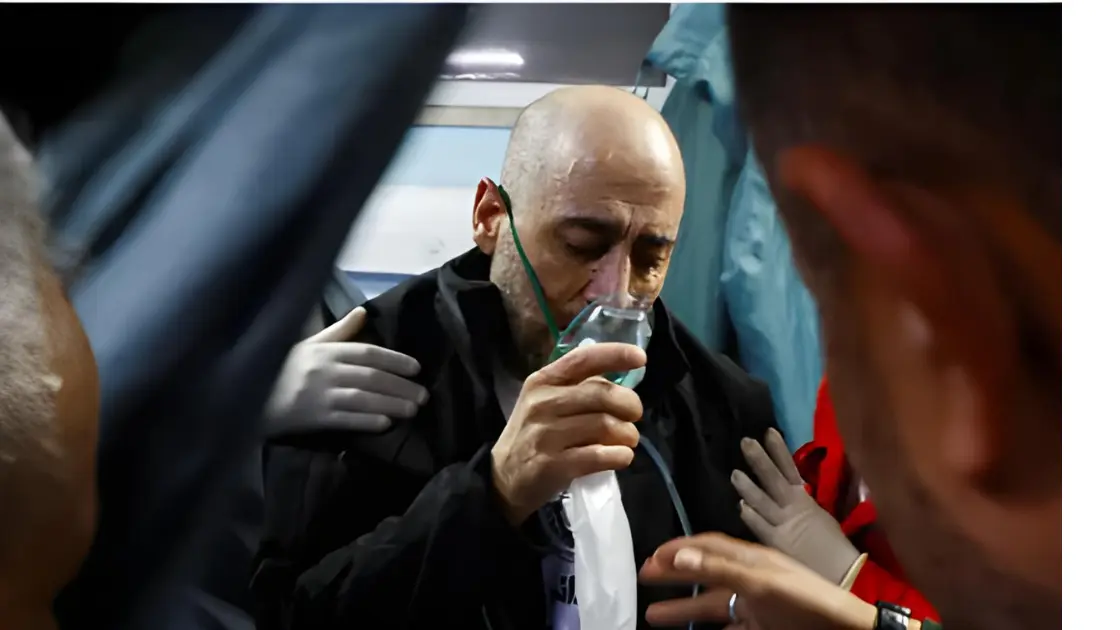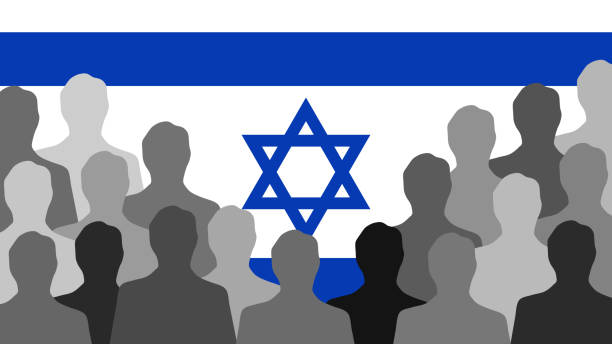Source Credit: AL JAZEERA
Gaza City, Gaza Strip— The humanitarian crisis in Gaza has reached a devastating new low, with a shocking 300% increase in miscarriages reported since October 2023, according to a recent report by Human Rights Watch. The surge is directly linked to Israel’s 15-month blockade and relentless military operations, which have left pregnant women severely malnourished and without access to adequate healthcare.
The report emphasizes the dire conditions faced by women in Gaza, where food shortages, contaminated water, and a near-total collapse of medical infrastructure have created a perfect storm of misery. Pregnant women, who are already vulnerable, are bearing the brunt of the crisis, with many unable to receive prenatal care or even basic nutrition.
A Crisis of Malnutrition and Desperation
The blockade, which prevents the flow of food, medicine, and other necessities into Gaza, has pushed the territory to the brink of famine. Pregnant women are particularly affected, as malnutrition and dehydration increase the risk of complications, including miscarriages, stillbirths, and premature deliveries.
Dr. Amal Hassan, a gynecologist at Al-Shifa Hospital in Gaza City, described the situation as “unprecedented.”
“We’re seeing women who are so weak they can barely walk. Many are suffering from severe anemia and vitamin deficiencies, which directly impact their pregnancies. The stress of constant bombardment and displacement only makes things worse,” she said.
Human Rights Watch estimates that over 50,000 pregnant women in Gaza are currently at risk, with miscarriages now occurring at three times the rate recorded before the escalation of violence in October 2023.
Collapse of Healthcare System
Gaza’s healthcare system, already strained by years of blockade and underfunding, has been decimated by the ongoing conflict. Hospitals and clinics have been repeatedly targeted, leaving many facilities in ruins. Those still operating face severe shortages of medical supplies, electricity, and clean water.
“We don’t have the equipment to perform ultrasounds or monitor fetal health. Many women are giving birth in shelters or even on the streets,” said Dr. Hassan. “It’s a nightmare.”
The lack of proper medical care has also led to a rise in preventable maternal deaths. According to the United Nations, maternal mortality rates in Gaza have doubled since the start of the conflict.
International Outcry and Calls for Action
Human Rights Watch has condemned Israel’s actions, calling the blockade and military operations “collective punishment” that violates international law. The group has urged the international community to intervene and ensure the immediate delivery of humanitarian aid to Gaza.
“The world cannot stand by while pregnant women and their unborn children suffer and die,” said Sarah Leah Whitson, executive director of Human Rights Watch. “Israel must lift the blockade and allow unfettered access to food, medicine, and medical supplies.”
The United Nations and several humanitarian organizations have echoed these calls, warning that the situation in Gaza is rapidly becoming untenable. “This is not just a humanitarian crisis—it’s a moral crisis,” said UN Secretary-General António Guterres. “The international community must act now to prevent further loss of life.”
Voices from Gaza
For women in Gaza, the crisis is deeply personal. Fatima Al-Masri, a 28-year-old mother of two, lost her baby at five months pregnant after being displaced from her home and forced to live in a makeshift shelter.
“I couldn’t eat or sleep. The stress was too much,” she said. “When I started bleeding, there was no hospital nearby. By the time I reached one, it was too late.”
Stories like Fatima’s are tragically common in Gaza today. As the conflict drags on, the toll on women and children rises, with no end in sight.
What’s Next?
The international community faces mounting pressure to address the crisis in Gaza. While aid organizations scramble to deliver lifesaving supplies, the root causes of the suffering—the blockade and ongoing conflict—remain unaddressed.
For the time being, Gaza's women continue to face unimaginable hardship, with their lives and the lives of their children on the line.








